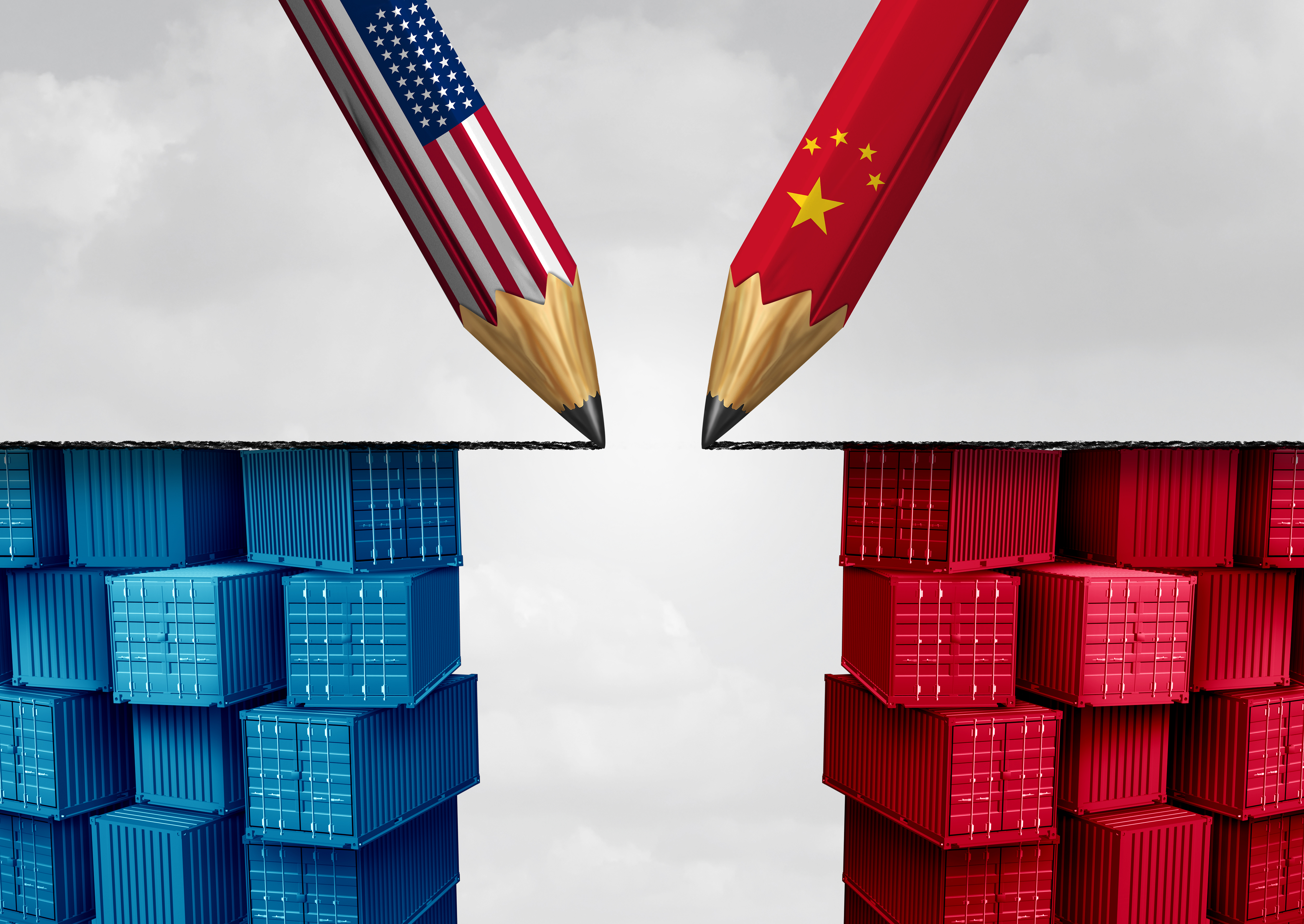US justifies Huawei's Intel-powered AI laptops, saying chip bans aren't meant to hobble China's growth
Secretary of State Antony Blinken made comments about it on NPR.

U.S. Secretary of State Antony Blinken claims that United States trade restrictions on China and Chinese tech companies are not meant to "contain or hold back" China in response to news that Huawei is launching new laptops based on Intel's Meteor Lake. Blinken made the statement on NPR on Friday, a claim that stands at odds with the real impact of the U.S.'s "Chip War" with China.
"I saw that Huawei just put out a new laptop that it boasted was AI capable, that uses an Intel chip," Blinken told NPR at the end of his recent trip to Beijing. "I think it demonstrates that what we're focused on is only the most sensitive technology that could pose a threat to our security. We're not focused on cutting off trade, or for that matter containing or holding back China."
Huawei itself looked likely to fail when the U.S. placed its largest chip supplier on extreme sanctions in 2020, claiming that the largest consumer chip manufacturer in China could make sales to the Chinese military. Huawei has, however, bounced back in a major way since then, growing its sales by 11% in China in 2023. Blinken sees this as proof that U.S. sanctions are only targeting the military; Chinese netizens see this as proof of the uselessness of sanctions against China's consumer base.
Some U.S. lawmakers want to stifle China's chip production to hurt the country as a whole. Congressman Michael McCaul (R-TX) has been leading the charge against China's economic growth in the tech space, first calling for China to be banned from accessing the RISC-V open-source chip instruction protocol in October, and more recently calling for the discontinuation of the license held by Huawei allowing them to purchase Intel chips in their laptops.
"The CCP (Chinese Communist Party) is abusing RISC-V to get around U.S. dominance of the intellectual property needed to design chips," McCaul said. "U.S. persons should not be supporting a PRC tech transfer strategy that serves to degrade U.S. export control laws." McCaul is joined by a bipartisan group of lawmakers pressuring the Biden administration to increase restrictions on Chinese entities' ability to use any non-Chinese technologies in computer production (RISC-V in particular is a Swiss-held standard, not American).
China also disagrees with Blinken, describing the U.S. treatment of Chinese companies as "hegemonic" and overreaching. "The U.S. has stretched their idea of security far too far, including to things that have nothing to do with military risks," said Tan Jian, China's ambassador to the Netherlands. "And they put pressure on their allies to do the same. The US often accuses us of threatening diplomacy, but this is only threatening."
One of these allies by necessity in the Chip War is Taiwan, due to its relationship with TSMC. TSMC is the world's largest manufacturer of microprocessors that sells to Nvidia, AMD, Intel, and U.S. defense contractors. Without TSMC, the world's processor supply dwindles, which is part of why the U.S. is giving TSMC $11.6 billion to open fabs stateside.
Get Tom's Hardware's best news and in-depth reviews, straight to your inbox.
It remains to be seen how China and the U.S. Congress receive Blinken's comments downplaying the trade offensive. The Chip War will likely continue to be pushed by U.S. lawmakers against an increasingly independent China for a while longer. The next stage of conflict may come from the United States again, as Intel's license to sell to Huawei will end this year. Intel may need to fight to get its license renewed, and competitors AMD and MediaTek may want a piece of the pie, having been left out of exceptions to sell their chips to Chinese OEMs.

Sunny Grimm is a contributing writer for Tom's Hardware. He has been building and breaking computers since 2017, serving as the resident youngster at Tom's. From APUs to RGB, Sunny has a handle on all the latest tech news.
-
Geef I'm sure the open source developers will welcome any suggestions China has to make the RISC-V code work better.Reply
Huawei is welcome to request Intel make them a generation or two behind chips. Like 12th gen Intel chips. Even with gaming and high end server processing one or two generations won't be a deal breaker.
Of course, we all know why Asian guys in general want the newest chips with more cores and threads... -
peterf28 Do you also see a nuclear explosion shroom in the article title picture where the 2 pencils meet?Reply -
bolweval Reply
No, but i do see the outline of Mother Mary with a tear running down her cheek…peterf28 said:Do you also see a nuclear explosion shroom in the article title picture where the 2 pencils meet? -
PEnns Replypeterf28 said:Do you also see a nuclear explosion shroom in the article title picture where the 2 pencils meet?
~Sigmund Freud:
Sometimes a cloud is just a cloud.....:D